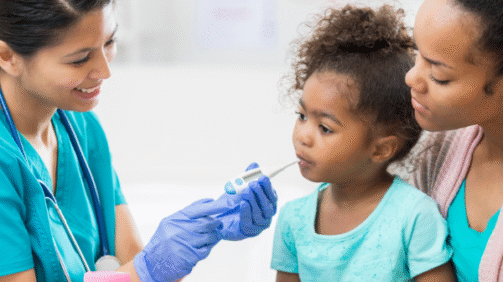MODULES
1. Anatomy and Physiology of the Respiratory System
2. Principles of Gas Exchange and Oxygen Delivery Systems
3. Oxygen Therapy Devices: Nasal Cannula, Masks, Non-Rebreathers
4. Aerosol Therapy: Nebulizers and Metered-Dose Inhalers (MDIs)
5. Airway Management: Suctioning, Oropharyngeal and Nasopharyngeal Airways
6. Mechanical Ventilation: Modes, Settings, and Monitoring
7. Non-Invasive Ventilation (CPAP, BiPAP)
8. Pulmonary Function Testing (Spirometry) and Interpretation
9. Airway Clearance Techniques: Postural Drainage, Chest Physiotherapy
10. Respiratory Care for Neonates and Pediatric Populations
11. Infection Control in Respiratory Care and Equipment Handling
12. Final Skills Assessment and Clinical Practicum
Learning Outcomes
Graduates of this program will be able to:
1. Administer various oxygen therapy and aerosolized medications safely
2. Operate and monitor mechanical and non-invasive ventilators
3. Assist with airway management and clearance techniques
4. Perform and interpret basic pulmonary function tests
5. Maintain infection control and safety in respiratory care environments




